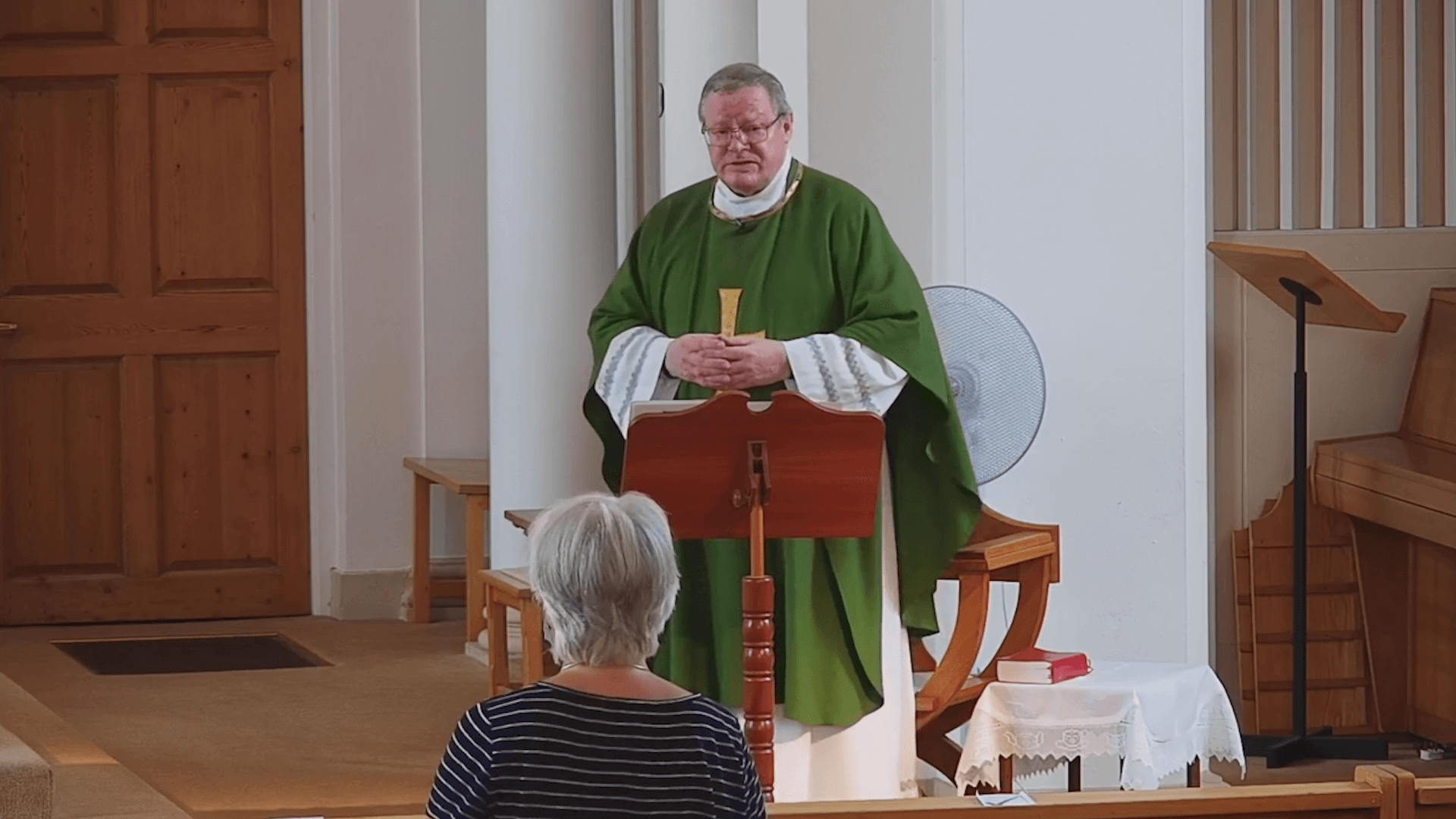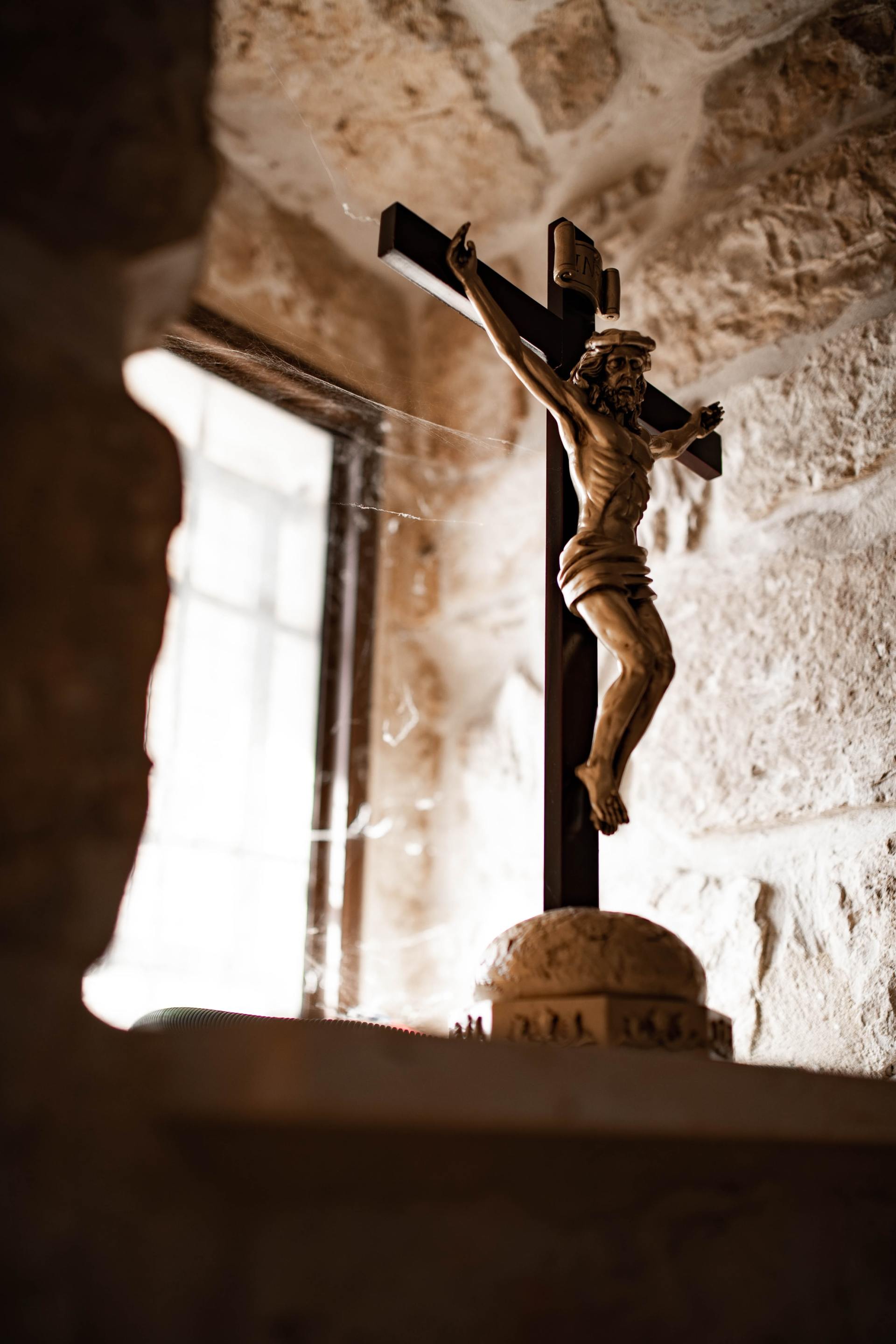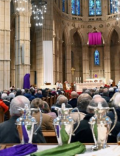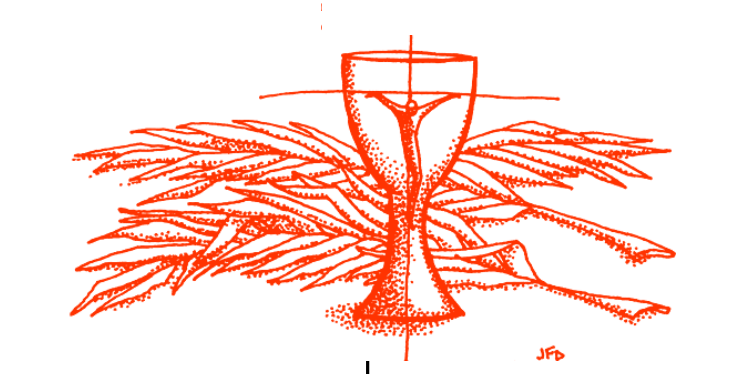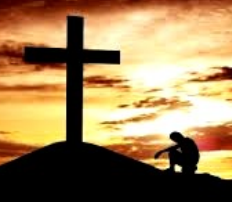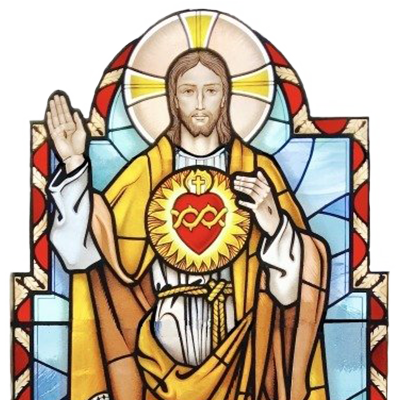Chair of Peter
Since early times, the Church has had a special feast to mark the primatial authority of St. Peter. As witness to one of the most renowned of the Apostolic Fathers, the Roman See has always held a peculiar place in the affection and obedience of orthodox believers because of its “presiding in love” and service over all the Churches of God. In the gospels the Lord marks out Peter personally, and by the new name which he has given him: “And I,” He says, “say to you, you are Peter . . . . , and, He adds, “upon this rock I will build my Church . . . ., and, He concludes, “the gates of hell shall not prevail against it.” To prepare him for that honour Jesus , who knows that faith in Himself is the foundation of His Church, inspires Peter with a faith worthy to be the solid foundation of the Church: “You are the Christ, the Son of the living God.” By that bold preaching of the faith he draws to himself the inviolable promise which makes him the foundation of the Church. It was, then, clearly the design of Jesus to put first in one alone, what afterwards He meant to put in several; but the sequence does not reverse the beginning, nor the first lose his place. That first word, “Whatever you bind . . . ,” said to one alone, has already ranged under his power to each one of those to whom will be said, “Whatever you forgive . . . . . . ;” for the promises of Jesus, as well as being His gift, are without withdrawal; and what is once given indefinitely and universally is irrevocable. Besides, that power given to several carries its restriction in its division, while power given to one alone, and over all, and without exception, carries with it plenitude, and, not having to be divided with any other, it has no bounds save those which its terms co
